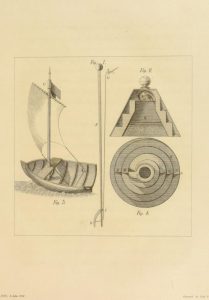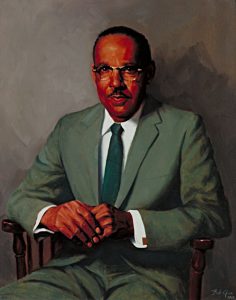We’re accepting applications for our summer 2023 fellowship!
The Medical Heritage Library seeks a motivated fellow to assist in the continuing development of our education and outreach programs. Under the guidance of a member of our governance board, the fellow will develop a curated collection or sets for the MHL website on the topic of mental health and illness. Examples of existing primary source sets can be found on the MHL website: http://www.medicalheritage.org/resource-sets/. These collections will be drawn from the over 300,000 items in our Internet Archive library. The curated collections provide a means for our visitors to discover the richness of MHL materials on a variety of topics relevant to the history of health and the health sciences. As part of this work, the fellow may have an opportunity to enrich metadata in MHL records in Internet Archive to support scholarship and inquiry on this topic.
This paid fellowship will be hosted virtually, with no in-person component.
DUTIES AND RESPONSIBILITIES:
- Based on the input of MHL members and others, work on the creation of curated sets of materials drawn from MHL collections.
- Enrich MHL metadata to highlight underrepresented topics in our Internet Archive collections.
- Regularly create blog posts and other type of social media for posting to MHL accounts.
- Other duties as assigned.
QUALIFICATIONS AND EXPERIENCE:
This virtual position is open to all qualified graduate students with a strong interest in medical or health history, with additional interests in library/information science or education. Strong communication and collaboration skills a must. Fellows are expected to learn quickly and work independently.
FELLOWSHIP DURATION:
The fellowship will take place anytime between the end of May 2023-mid-August 2023
HOURS:
150 hours, over 12 weeks with a maximum of 20 hours in any given week.
SALARY:
$20/hour not to exceed $3000
NUMBER OF AVAILABLE FELLOWSHIPS: 1
To apply, please provide the following:
Cover letter documenting interest in position
Curriculum Vitae
2 References- names (with positions) and emails and phone numbers of references to contact.
No letters required.
Please submit your application materials by March 27 th , 2023 through this form.
Candidate interviews will take place virtually. Please contact the MHL at mhltreasurer@gmail.com if you have questions.







